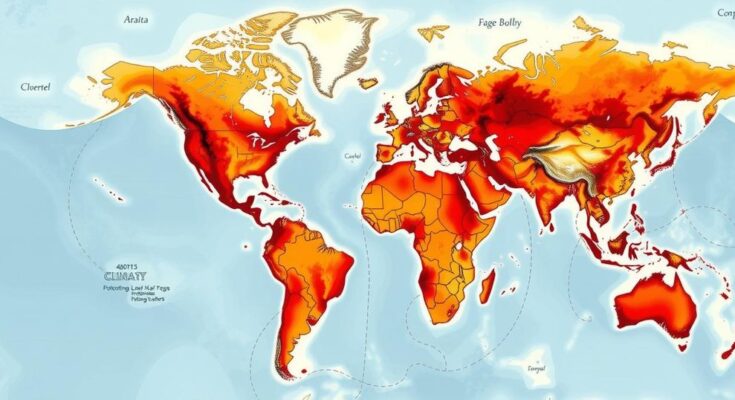A new study reveals that people in high climate-risk zones, particularly marginalized groups unable to migrate, need targeted policies for climate adaptation and support. It highlights the urgency of addressing their unique challenges arising from climate threats and legal barriers.
Individuals residing in informal settlements, impoverished urban areas, refugee camps, prisons, and war zones are increasingly vulnerable to climate-related threats. A recent study published in Nature Communications examines strategies policymakers can adopt to assist such individuals, who often find themselves unable to migrate due to climate change and extreme weather.
In summary, the study emphasizes the need for tailored strategies to address the plight of populations rendered immobile by climate challenges. By focusing on their unique situations, policymakers can implement effective solutions to mitigate climate risks and foster resilience within these communities. The collaborative effort of international researchers highlights the global urgency to address these issues.
Original Source: news.climate.columbia.edu




